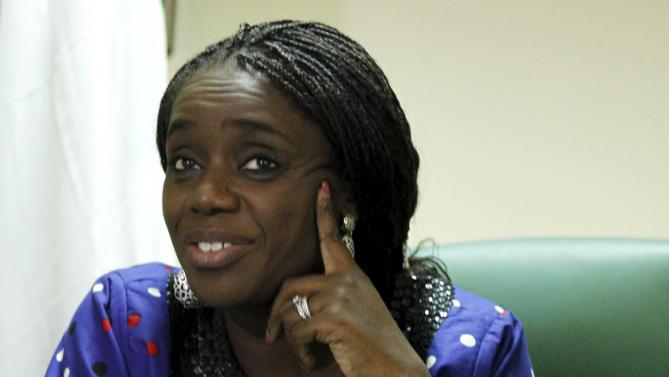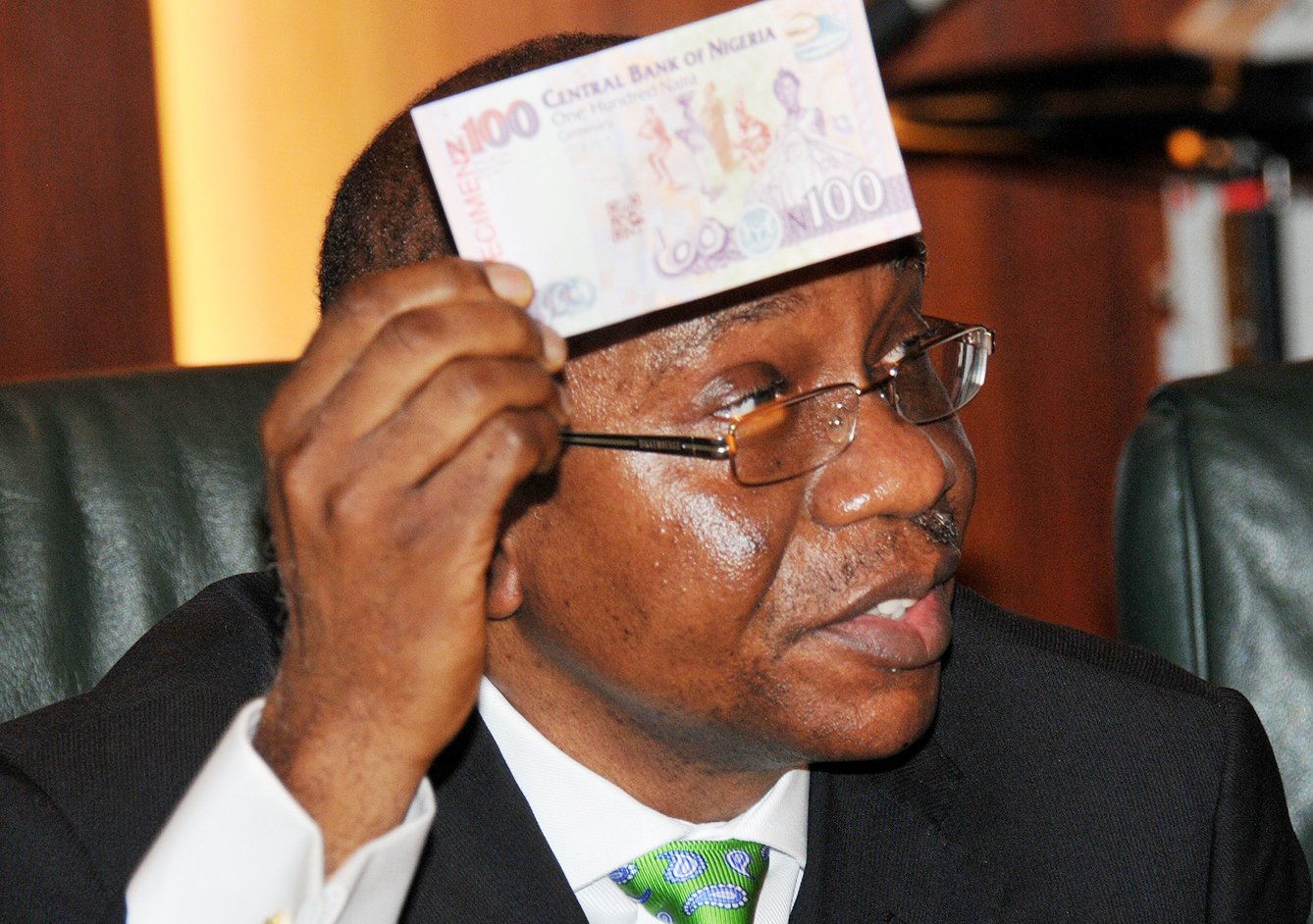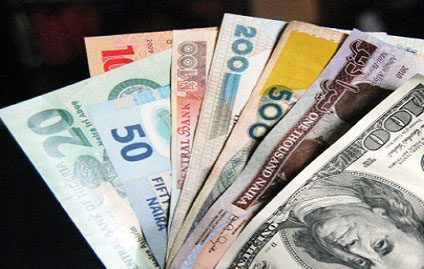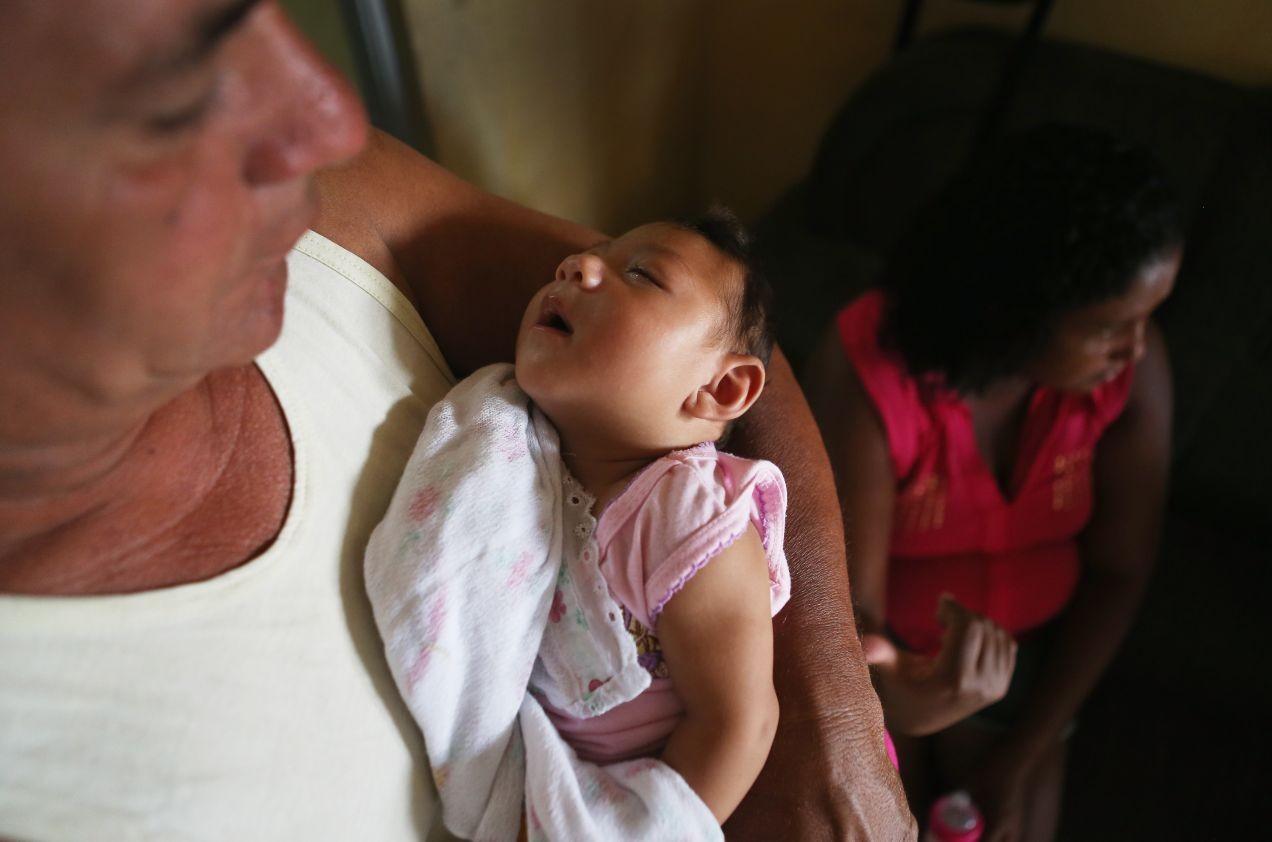Nigeria has been hit hard by the fall in crude prices — oil revenues are expected to fall from 70 per cent of income to just a third this year, the FT report said.
Advertisement
Finance minister Kemi Adeosun (pictured) told the FT recently that she was planning Nigeria’s first return to bond markets since 2013.
Adeosun told the FT on Sunday that the loans were not an “emergency” measure but rather the “cheapest way possible” to fund a “deficit budget”.
“I’m getting sub 3 per cent blended costs from the multilaterals and export credit banks. It’s my strategy for borrowing for capital projects. If the World Bank is offering me sub 3 [per cent] to do the power, transport, road projects we need, why would I go to the Eurobond market to find that?” she said.
Advertisement
But Nigeria’s likely borrowing costs have been rising alongside its budget deficit.
A projected deficit of $11bn, or 2.2 per cent of GDP, had already risen to $15bn, or 3 per cent, as a result of the recent turmoil in oil markets.
The $2.5bn loan from the World Bank and a parallel $1bn loan from the ADB, which would enjoy below-market rates, must still be approved by both banks’ boards.
Under World Bank rules its loan would be subject to an IMF endorsement of the government’s economic policies and bank officials say they would have to be confident the Nigerian government was undertaking significant structural reforms.
Advertisement
But both loans would carry far fewer conditions than one from the IMF, which does not believe Nigeria needs a fully fledged international bailout at this point.
“I think we all agree that Nigeria is facing significant external and fiscal accounts challenges from the sharp fall in . . . oil prices, as of course are all oil exporters,” Gene Leon, the IMF’s representative in Nigeria, told the FT.
But he added that Nigeria was not in immediate need of an IMF programme.
“We are not in that space at all,” he said.
Advertisement
The country’s financial buffers are also eroding. The central bank’s foreign exchange reserves have nearly halved to $28.2bn from a peak of almost $50bn just a few years ago.
Read more at FT
Advertisement
Add a comment






